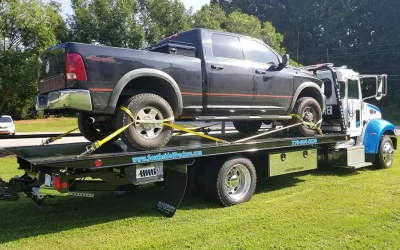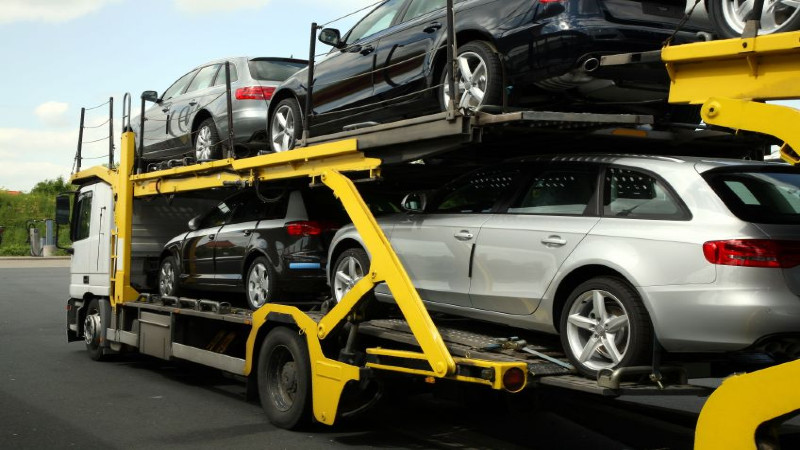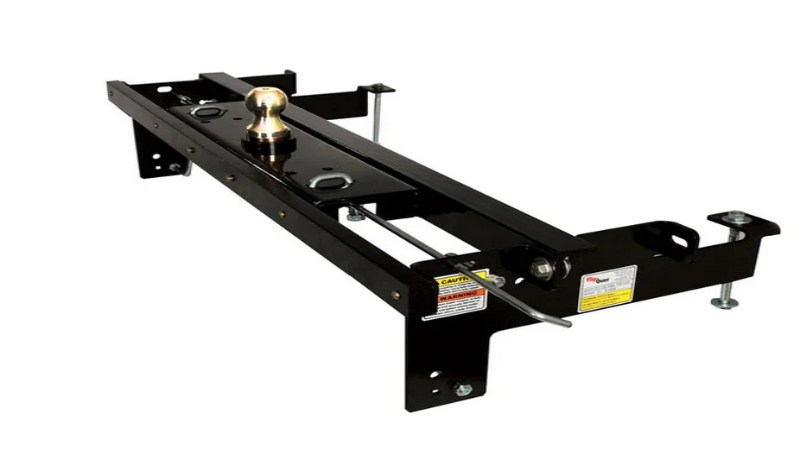Traveling across America in an RV offers unparalleled freedom, comfort, and adventure. However, staying powered up while exploring remote campgrounds or bustling RV parks can quickly become a challenge without the right equipment. That’s where RV Adapters come into play—a crucial tool for every RV owner who wants to enjoy modern conveniences while on the open road.
Understanding the Importance of RV Adapters
When you pull into a new campsite, you’ll quickly notice that not every electrical hookup is the same. Power sources can vary in terms of amperage, plug shape, and even their condition. Without the correct adapter, you may find yourself unable to connect to the available power supply, which can mean no air conditioning, no refrigerator, and no way to charge your devices. RV adapters bridge the gap between your rig’s electrical system and the varied outlets you’ll encounter, ensuring a seamless transition from one location to the next.
Types of RV Adapters Every Traveler Should Know
To keep your adventures hassle-free, it’s helpful to familiarize yourself with the main types of RV adapters you might need:
• 30-amp to 50-amp Adapters: Many RVs are equipped with either a 30-amp or 50-amp plug. If your RV requires 50 amps but the campground only offers 30-amp service, this adapter allows you to safely connect and draw power (though with limited capacity).
• 50-amp to 30-amp Adapters: Conversely, if your RV uses a 30-amp plug and the site provides only 50-amp service, this adapter ensures compatibility.
• 15-amp to 30-amp Adapters: Perfect for connecting your RV to a standard household outlet, these adapters are handy for pre-trip preparation or when staying at locations without dedicated RV hookups.
• Dogbone Adapters: Featuring a short, flexible cord between two different plug types, these are easier to handle and reduce strain on both the outlet and your RV’s power cord.
Why Quality and Safety Matter
Not all adapters are created equal. Investing in high-quality adapters ensures both safety and reliability on the road. Look for adapters made from durable, weather-resistant materials to withstand outdoor use. Built-in handles or grips make connecting and disconnecting easier, while features like surge protection add an extra layer of defense against unexpected electrical spikes.
It’s also essential to verify that your adapters are rated for the correct amperage and voltage. Using an adapter incorrectly can result in tripped breakers, damaged appliances, or even electrical fires. Always follow manufacturer guidelines and, when in doubt, consult your RV’s manual or a qualified professional.
Tips for Choosing and Using RV Adapters
Here are a few practical tips to help you get the most from your adapters:
1. Carry Multiple Adapters: You never know what kind of hookup you’ll encounter, so it’s wise to keep a variety of adapters on hand.
2. Inspect Regularly: Check your adapters for signs of wear, cracking, or corrosion before each trip.
3. Store Properly: Keep adapters dry and protected from extreme temperatures when not in use.
4. Know Your Limits: Remember that using an adapter can reduce the amount of power available—avoid running too many appliances at once.
Stay Connected, Wherever the Road Leads
Ensuring your RV remains powered up is essential for comfort, safety, and convenience on the road. With the right adapters, you can confidently connect to any campsite’s power supply, no matter where your travels take you. By understanding the different types of adapters and following best practices for their use, you’ll be ready to tackle any electrical challenge and focus on enjoying your journey. Happy travels and safe adventures as you explore the great American outdoors!


